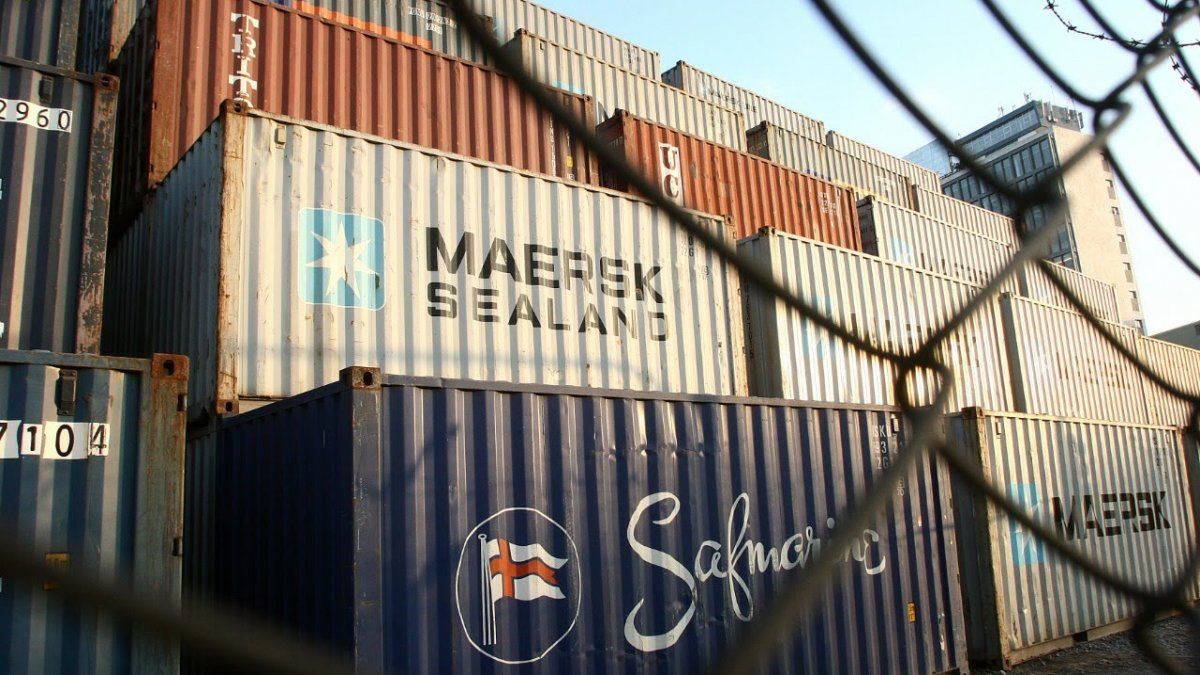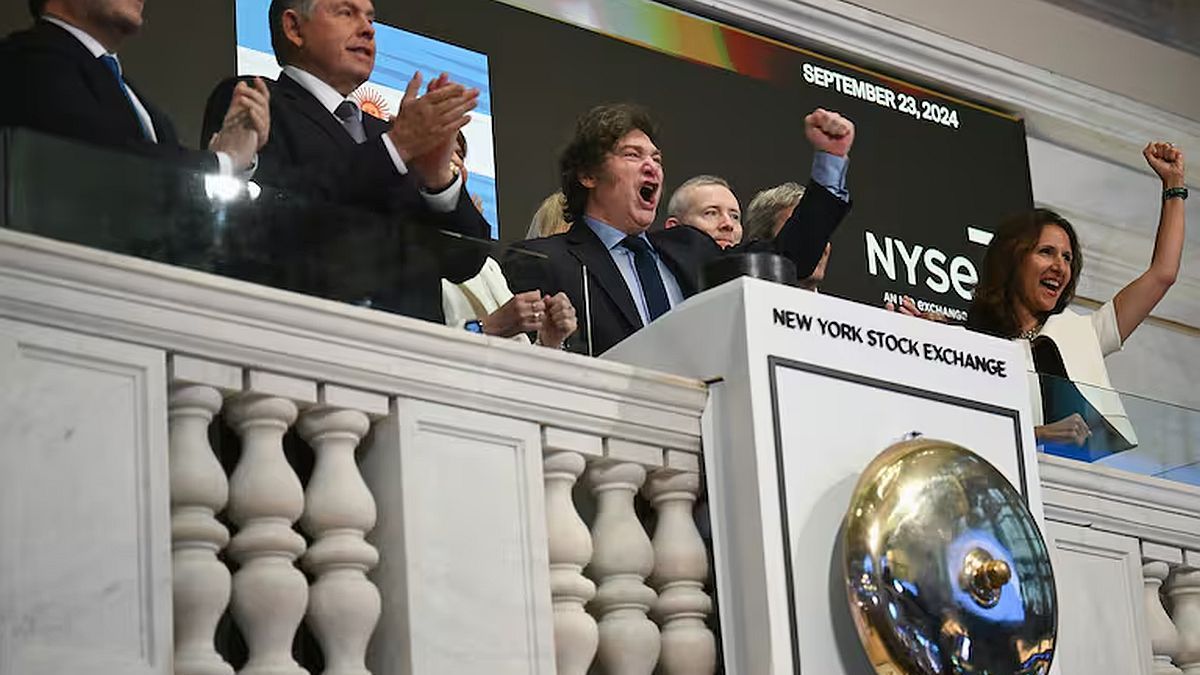The impact of tariffs imposed by the US on Pymes and Porteña exports evidences the urgency of a local legislative strategy that strengthens sustainable economic development.
In an increasingly interdependent global context, the economic decisions of the powers not only affect their direct commercial partners, but also have an impact on local economies from cities away from the centers of power. The calculation formula for tariffs imposed by the United States to imported products has harmful effects for the economic development of the City of Buenos Aires. Although at first glance it may seem a matter distant from the Buenos Aires agenda, the truth is that its consequences feel in the competitiveness of our SMEs, in the increase in inputs and in the fragility of the emerging productive sectors.
The content you want to access is exclusive to subscribers.
The United States applies a complex tariff structure that is often regressive, where products with the highest degree of industrialization face lower tariffs than primary goods or with low added value. This logic, designed to protect certain local industries, ends up being particularly harmful to exporting countries such as Argentina, and especially for productive chains that develop in large urban centers such as our city. Companies of the technological sector, industrial designers, manufacturers of elaborate foods and even cooperatives that market sustainable products, face a scheme that punishes innovation and discourages value aggregate.


For example, according to data from the Office of the United States Commerce (USTT), the average tariff applied to processed agricultural products from Latin America is around 15%, while, for certain technological goods manufactured in developed countries, such as microchips or medical supplies, tariffs fall to 1% or even eliminate. This asymmetry reduces the capacity of our companies to compete and puts a roof to the growth of strategic sectors of the Buenos Aires economy.
The City of Buenos Aires, with an economic matrix intensive in services and knowledge, is especially harmed. According to the UBA city observatory, more than 70% of Buenos Aires exports are linked to professional, creative and technological services. Many of these services – such as software or digital content – depend on access to hardware, licenses, specific supplies or commercial relations with technological base companies located in the United States. The application of indirect tariffs or normative restrictions makes these links more expensive and makes the development of new local initiatives less viable.
In addition, many Buenos Aires SMEs trying to export products with added value – from gourmet food to light machinery – face a double obstacle: on the one hand, they must overcome the obstacles of Argentine foreign trade, and on the other, deal with an international tariff system that punishes them for trying to climb in the value chain. In 2023, only 7.8% of Buenos Aires exports were goods (the rest, services), according to data from the City of Economic Development. This shows a structural weakness that is aggravated with these external commercial policies.
Faced with this reality, it is urgent to think answers from local politics. Although international relations and trade agreements are the responsibility of the national State, from the Buenos Aires Legislature, measures can be promoted to strengthen the economic resilience of our companies and reduce their vulnerability to these external conditions.
A first line of legislative action should focus on the creation of a compensation fund for exporting SMEs of high added value, financed through public-private agreements. This fund could subsidize part of the costs generated by access to international markets with adverse tariff structures. In parallel, an incentive regime for export consorters between SMEs can be promoted, which allows them to share logistics, commercial intelligence and legal advice against international barriers.
Another possible measure would be the creation of a “tariff observatory”, which systematically relieves how the commercial policies of third countries affect the economic activities of the city. This tool would allow to generate evidence and guide both local decisions and recommendations to the National Executive Power.
It is also essential to deepen the articulation with universities, technological centers and business chambers to promote the replacement of supplies imported by local developments. Each component we can produce here is a less barrier to the volatility of global trade. Conversity into the opportunity requires strategic vision and political will.
It is not about falling into an economic withdrawal, but to assume that international insertion must be accompanied by local policies that cushion its negative effects. Buenos Aires has the capacity and talent to grow even in adverse contexts. What is missing, many times, is a regulatory framework that accompanies that potential decision.
Expenditty in the city’s legislature twice, currently presides over the party of the cities in action and is a candidate for deputy for the Buenos Aires First – Pro Alliance.
Source: Ambito
David William is a talented author who has made a name for himself in the world of writing. He is a professional author who writes on a wide range of topics, from general interest to opinion news. David is currently working as a writer at 24 hours worlds where he brings his unique perspective and in-depth research to his articles, making them both informative and engaging.




